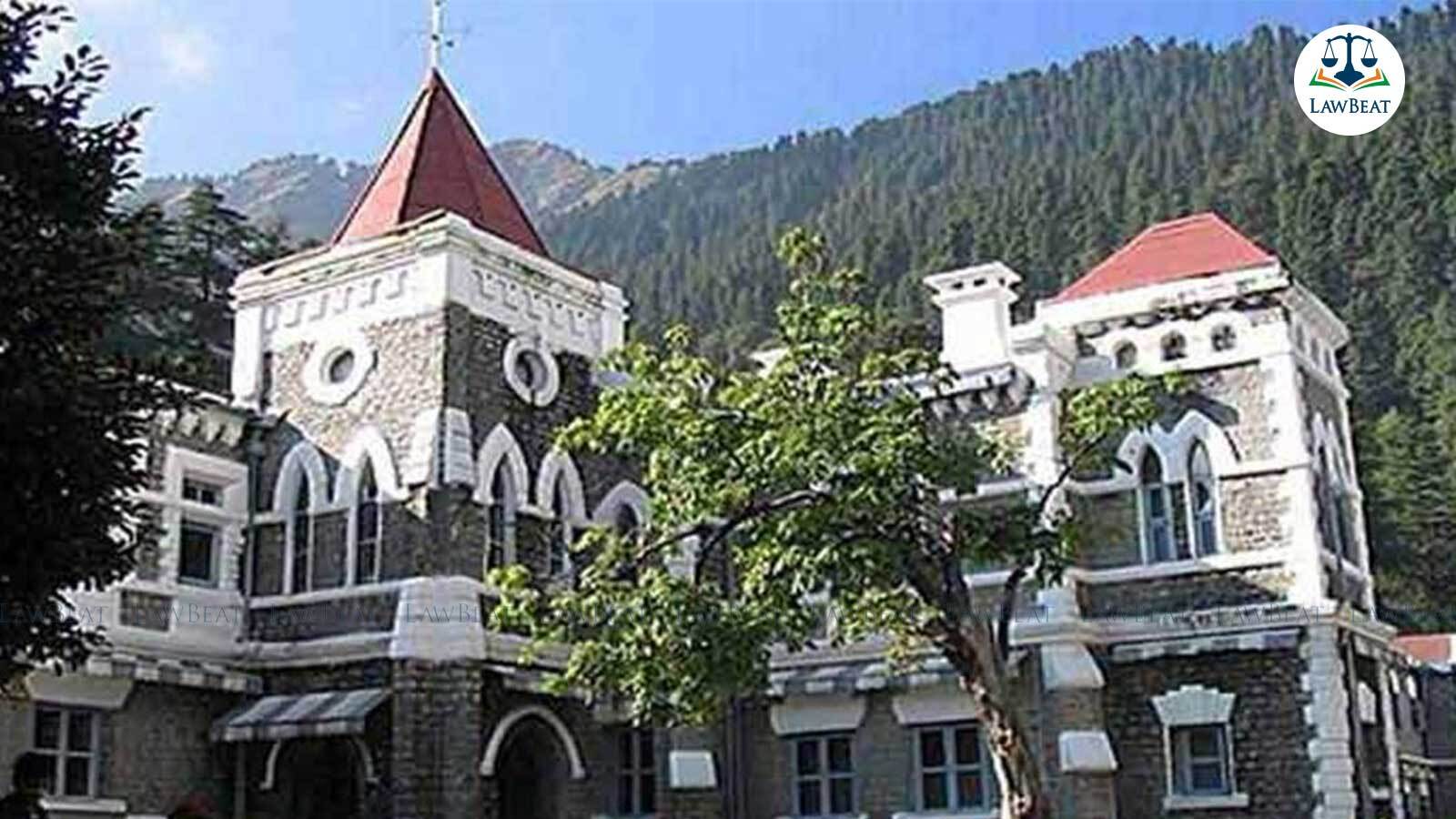Uttarakhand High Court commutes death sentence awarded to man for killing own mother

The Uttarakhand High Court recently commuted the death penalty awarded to a man to life imprisonment for killing his own mother. Court said that the penalty of death was not appropriate for this case as it could not be held to be the rarest of the rare case.
The bench of Acting Chief Justice SK Mishra and Justice NS Dhanik was dealing with a Criminal Appeal moved by one Digar Singh. Singh was convicted by the Additional District & Sessions Judge, Nainital, under Sections 302 and 307 of the Indian Penal Code and was awarded the death penalty.
Singh had murdered his mother by severing her head from the rest of the body with a sharp-cutting weapon. Receiving information from the Village head, the police team came to the village and found the body of the deceased lying dead with her head severed from the body.
Later, Singh's father narrated the whole incident to the police. An FIR was then registered against Singh which also stated that the murder took place following a quarrel between the mother and son.
The lower court had awarded the death penalty to Singh noting that a mother occupies a place equivalent to God who has brought up her son, and there can be no alternative for the rearing of a child by his/her mother. The judge had, therefore, held that this was the rarest of the rare case as the killing of the mother would definitely have an adverse effect on society.
In the criminal reference plea and in the appeal before the high court, the amicus curiae in the case apprised the court that Singh had admitted in his statement recorded under Section 313 of the CrPC that he had committed the murder of his mother and he did not want to argue on the findings of facts recorded by the Additional District and Sessions Judge regarding the commission of the crime.
However, the amicus curiae contended that this was not a fit case for awarding the death sentence to Singh as the case did not come within the four corners of the criteria in which the case could be said to be rarest of the rare case where all other options except the death penalty are unquestionably foreclosed. Instead, imprisonment for life, and also fine, should have been awarded, he stated.
After analyzing the materials on record, Court was of the opinion that though the conviction was rightly done by the lower court as Singh had himself admitted killing his mother, the case was not of the rarest of the rare category.
Referring to the ruling by the Supreme Court in the case of Machhi Singh & others vs. State of Punjab, (1983) and in the case of Bachan Singh vs. State of Punjab, (1980), Court said that there was nothing uncommon about the crime committed by Singh which rendered sentence of imprisonment for life inadequate and called for a death sentence.
Court held that since the FIR itself stated that there was some quarrel between Singh and his mother, therefore, it could not be said that Singh had deliberately, with pre-meditation, committed the crime.
Accordingly, Court partly allowed Singh's criminal appeal and while upholding his conviction under Sections 302 and 307 IPC, Court modified the sentence awarded to him.
Case Title: Digar Singh v State of Uttarakhand
